Health Disease
Your body is the most priceless possession. After all, you have to dwell in it! So take care of it with a right Health Insurance Plan.
What is Autism?
Autism is also known as autism spectrum disorder (ASD). It means a broad range of conditions that are characterized by challenges to deal with social skills, speech, repetitive behaviors, as well as nonverbal communication. There is not only one type autism but many subtypes, most of which are influenced by a combination of both environmental factors and genetics. Since autism is a spectrum disorder, every person with autism will have a distinct set of challenges as well as strengths. There are different ways in which people suffering with autism will think, learn and solve their problems. This may range from highly skilled person with autism to someone who is severely challenged. There are certain people with autism that may need significant support in their day-to-day lives whereas there are many others who may need very less support. In most of the cases, these people with autism tend to live entirely independently. Autism is a condition which is found very commonly in the entire world irrelevant of the culture, race as well as economic background.
Causes of Autism
Till today, Autism causes aren’t unknown. Because, there are said to be more than one cause of autism.
Mentioned below are some of the suspected Autism causes:
- A close family member with autism
- Fragile X syndrome and some other related genetic disorders
- Being born to parents who are older in age
- Genetic mutations
- Fetal exposure to the medications such as thalomid or valproic acid
- A history of viral infections
- Low birth weight
- Metabolic imbalances
- Exposure to environmental toxins and other heavy metals
- Both genetics as well as environmental factors
Multiple sources, old and new Trusted Source, have concluded that the disorder isn’t caused by vaccines, however.
Types of Autism
There are three types of autism:
1. Autistic Disorder
This is a type of autism known as “classic” autism. People suffering from this type of autism very usually have significant delays with regards to language, social and communication challenges, intellectual disability and unusual interests and behaviors.
2. Asperger Syndrome
People suffering with this type of syndrome will very often have milder autism symptoms such as unusual behaviors and interests and sometimes also may face social challenges. However, they usually do not face any issues related to language or intellectual disability.
3. Pervasive Developmental Disorder – Not Otherwise Specified
This type of autism is also at times known as “atypical autism,” or PDD-NOS. This is faced by certain people who meet some of the criteria for Asperger syndrome or autistic disorder, however not all, will be diagnosed with atypical autism. People who suffer with pervasive developmental disorder usually face fewer or milder symptoms than people with autistic disorder. People with this type of autism will only face social and communication challenges.
Treatment
How can you prevent Autism?
Autism prevention completely is not possible. But, there are certain ways that may help in increasing the chances of having a healthy baby.
- Live healthy by taking the recommended dose of vitamins and other supplements
- Get rubella vaccination before conceiving
- Get treated for celiac disease
- Avoid alcohol and smoking
- Avoid drugs
What are the available Autism treatment options?
Even today there is no cure for autism. However, there are therapies as well as other treatment considerations that may help people alleviate their autism symptoms or feel better.
There are many Autism treatment therapies available such as:
- Behavioral therapy
- Play therapy
- Physical therapy
- Occupational therapy
- Speech therapy
Certain massages, weighted clothing and blankets as well as meditation techniques will also aid in relaxing. But, autism treatment results will vary since not all people suffering from autism will respond well to specific approaches.
Alternative Autism treatments to help in managing autism may include:
- High-dose vitamins
- Melatonin to address sleep issues
- Chelation therapy involving flushing the metals from the body
- Hyperbaric oxygen therapy
However, it is important to take medical suggestion and consultation before opting for any of the alternative autism treatment.
Are there are any natural or homemade remedies for Autism?
Mentioned below are some of the natural or homemade remedies for Autism:
- Probiotics: This will help in stimulating the development as well as growth of healthy bacteria in the gut.
- Turmeric: This will help to eliminate the any symptoms of autism
- Magnesium: Intake of magnesium supplements will help in reducing the autism symptoms such as teeth grinding, poor concentration, and rocking, low attention span.
- Avoid any consumption of sugar as well as processed forms of food
- Vitamin C and Vitamin D: This will help in protecting any ill-effects of autism
- Melatonin: This will help in achieving healthy sleep
- Fish oil: For a body’s healthy and normal development, Omega-3 Fatty acids are essential. Hyperactivity is said to be reduced with intake of diet rich in omega 3 fatty acids.
When to see a doctor?
All babies tend to show development at their own pace. In short, not all may show or follow exact timelines. However, children who are down with autism spectrum disorder very often start showing autism signs and symptoms before age 2 years.
It is important that you consult a doctor immediately if you even slightly suspect that your child may have autism. These autism symptoms may also be linked with other disorders of development.
When there is a delay with regards to language skills as well as social interactions, it is best to consult a doctor who may further suggest any developmental tests for identifying that your kid child may have delays in language, cognitive, and social skills, in case your child:
- Doesn't mimic sounds by 9 months
- Doesn’t make any facial expressions by 9 months
- Doesn’t smile or show happy expression by 6 months
- Doesn't coo or babble by 12 months
- Doesn't show or make gestures of pointing or waving by 14 months
- Doesn't say any single word by 16 months
- Suddenly loses social or language skills at any age
- Doesn't say two-word phrases by 24 months

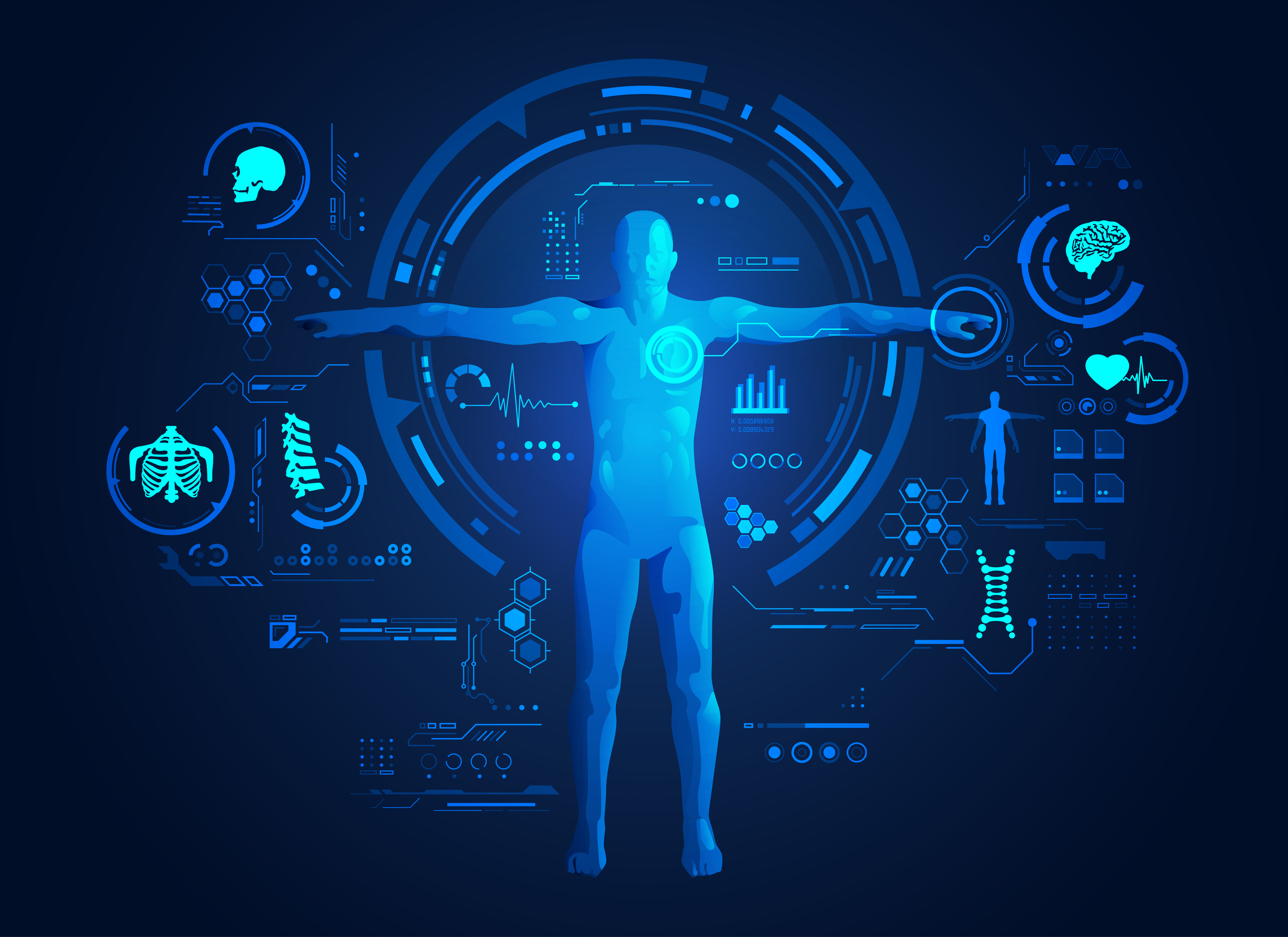

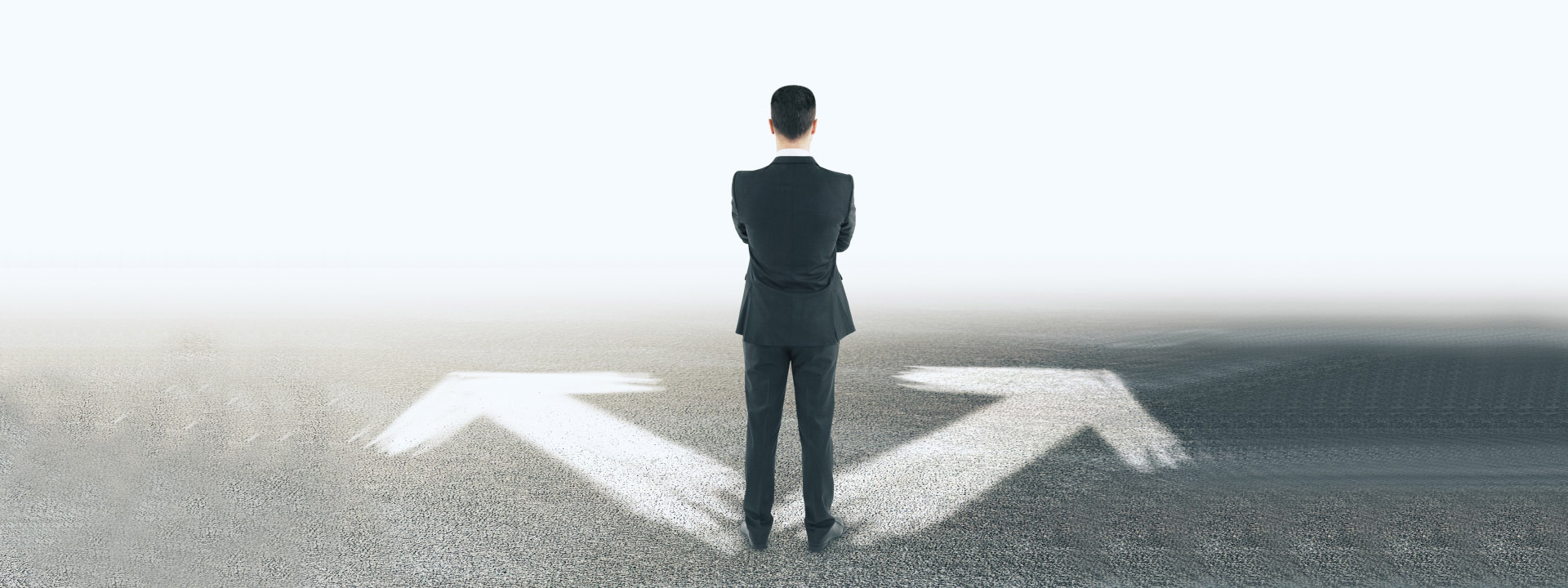
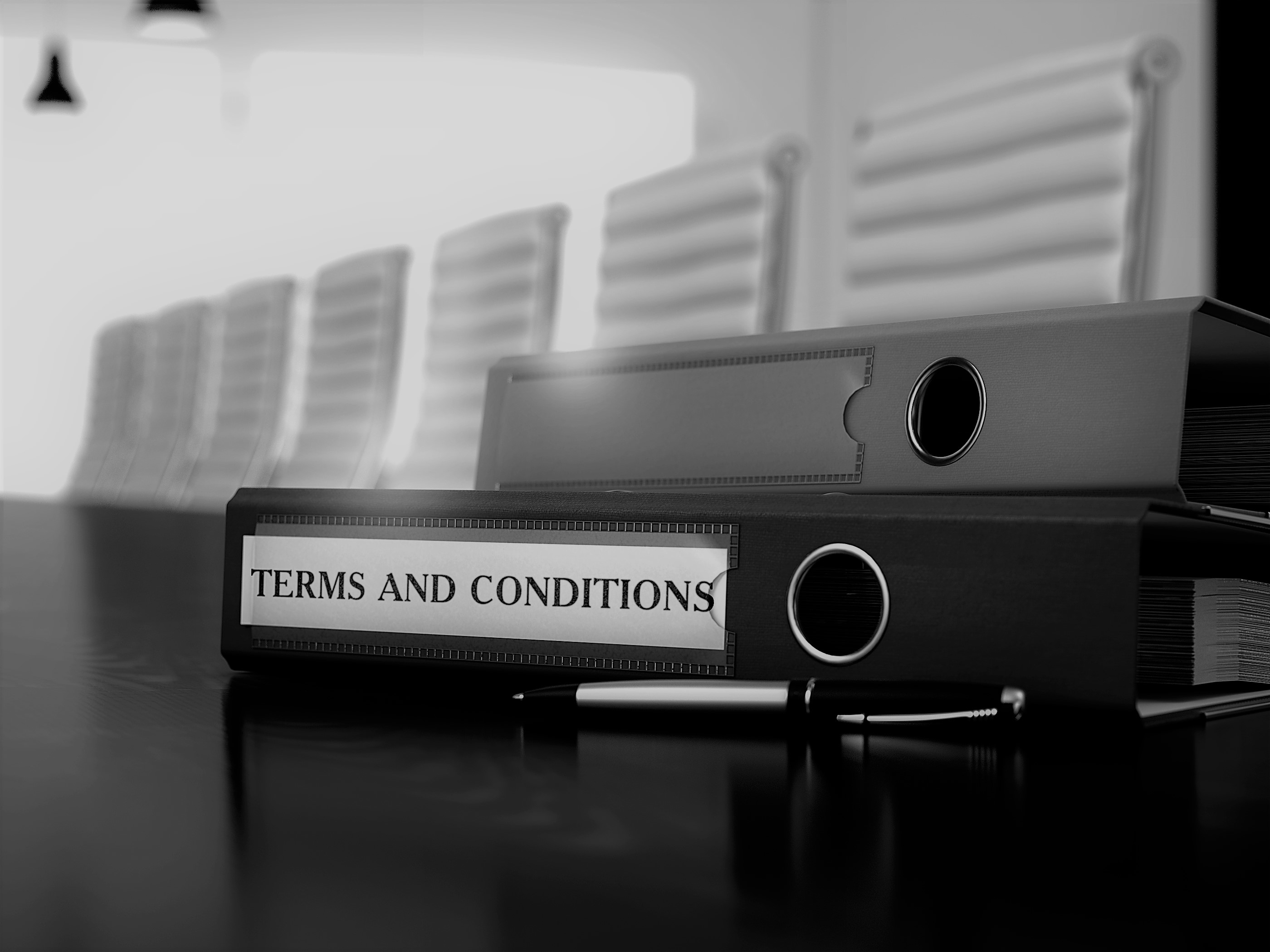
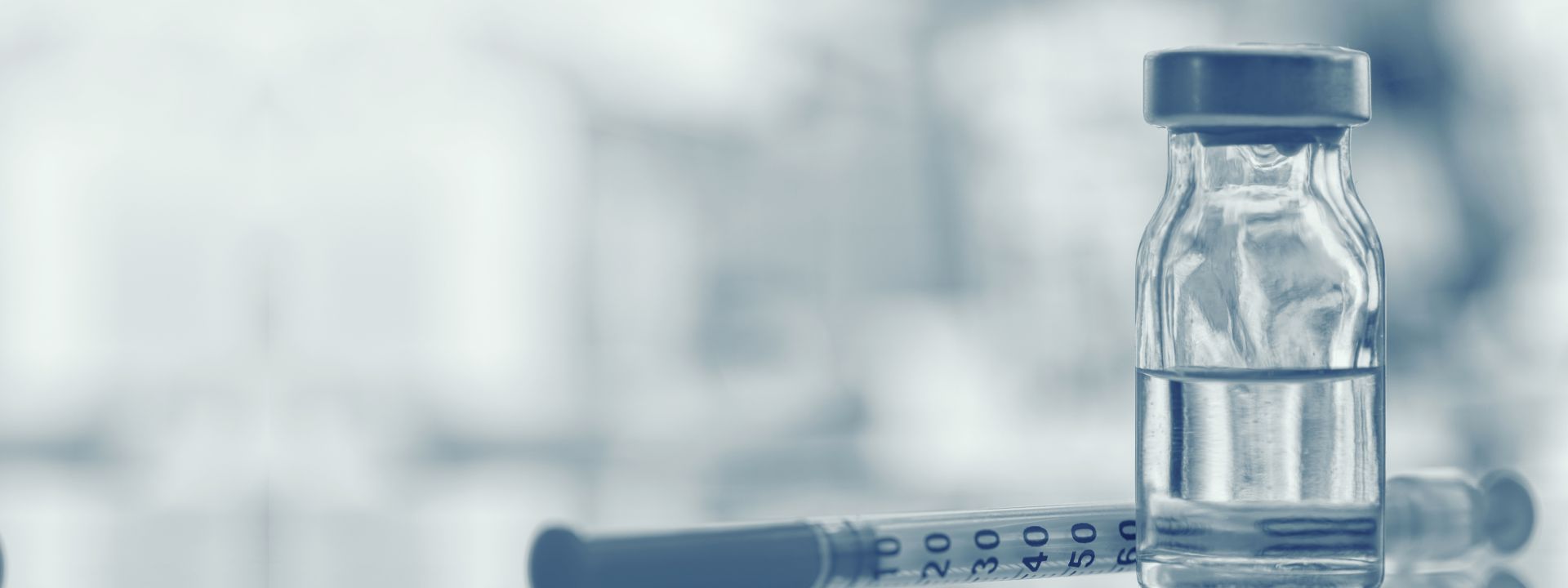
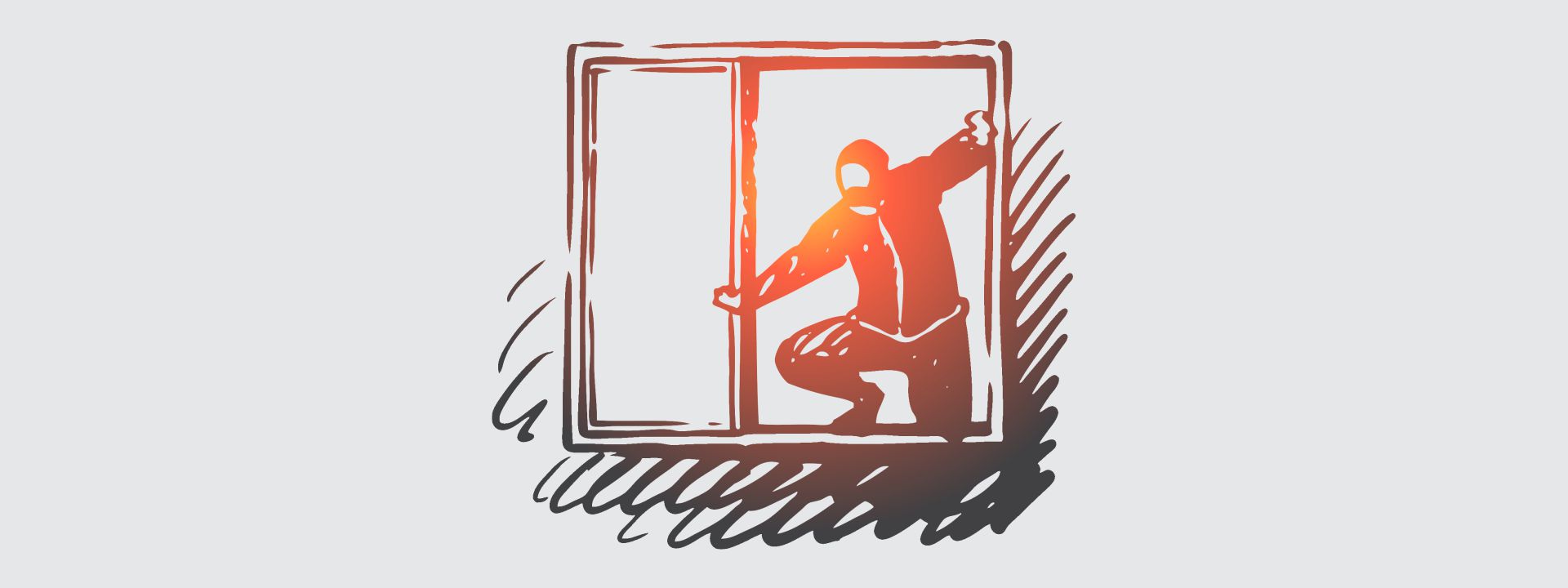
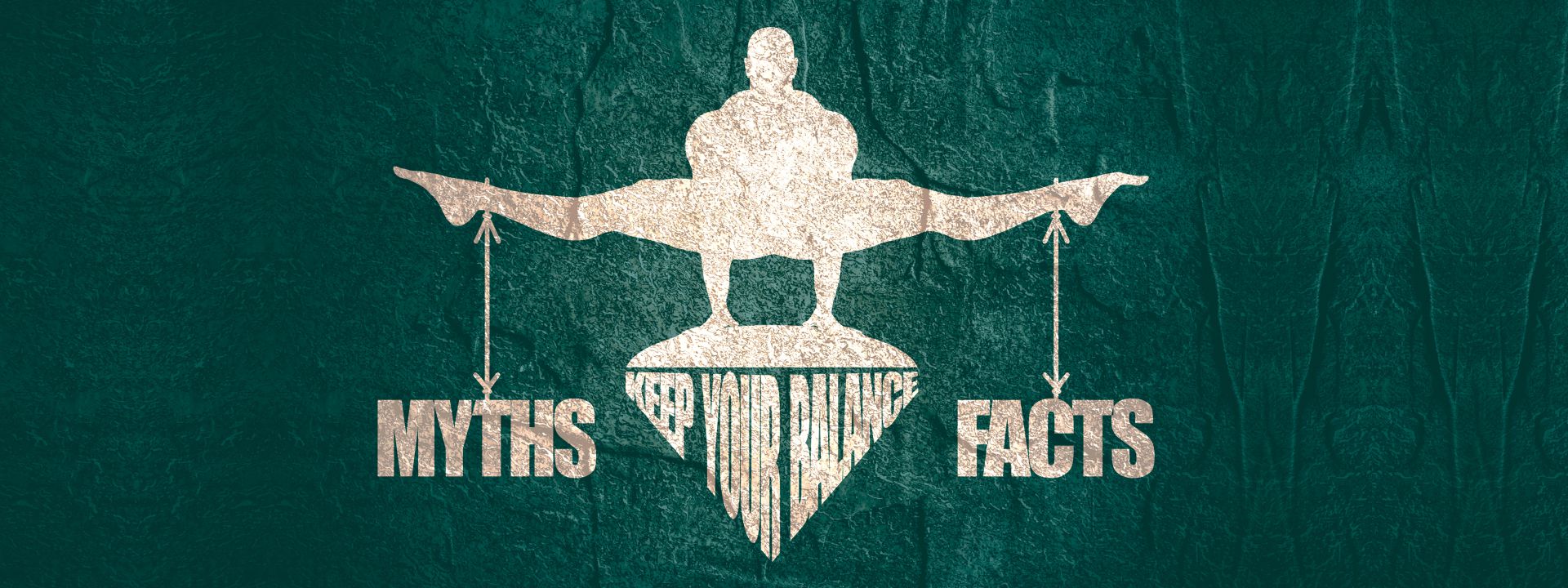
 support@greyfont.com
support@greyfont.com Call Us on (022) 4891 3051
Call Us on (022) 4891 3051